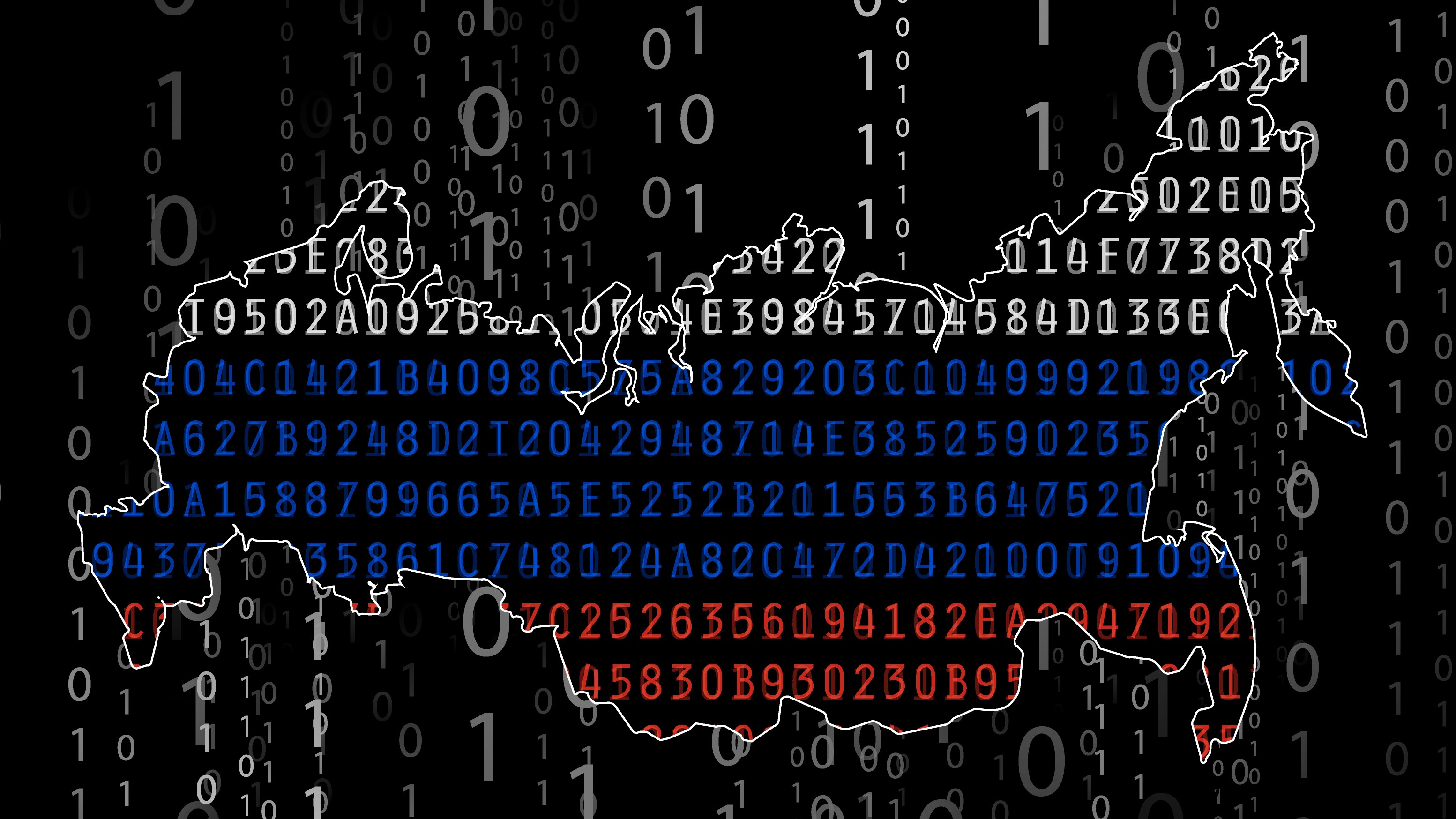New encrypted email service banned in Russia
Skiff users have been reporting issues since January 25

Sign up for breaking news, reviews, opinion, top tech deals, and more.
You are now subscribed
Your newsletter sign-up was successful
The Russian censorship machine has struck again, this time banning a new secure email service.
The block order against Skiff comes only seven months after the encrypted collaboration platform was launched. Now, its Russian users need to use a VPN service to carry on using their account.
The news was first reported by Russia-based digital rights NGO Roskomsvoboda in a blog post. It found evidence of the ban dated on January 19 carried out by an "Unspecified state body." Skiff would later confirm the ban, as more and more users lamented the struggle to access their accounts.
No official reasons were given, but Roskomsvoboda assumes that this might be amid reports of false mining. At the time of writing, the Skiff domain is yet to be included to the list of blocked sites compiled by Russia's media-monitoring agency Roskomnadzor.
Skiff isn't the first security service the Kremlin has banned. In a continuous effort to curb encrypted communications, authorities previously blocked Proton Mail, Tutanota and Mailbox.
Accounts unavailable
"It’s clear to us that building privacy-first, simple, and intuitive products has struck a deep chord. We’ve found an incredibly broad audience of individuals who want to live in a more private, freer world and switch to products that protect these freedoms," Skiff's CEO Andrew Milich told TechRadar.
Together with its CTO Jason Ginsberg, Milich founded the encrypted collaboration platform in 2020 to give users more control over the information they share online. Both Skiff Mail and Drive were then publicly launched in 2022.
Sign up to the TechRadar Pro newsletter to get all the top news, opinion, features and guidance your business needs to succeed!
Skiffs operates under a zero-trust privacy approach, meaning that the provider doesn't store nor collect any sensitive user information, like location. However, based on traffic data coming through its website, at least 50 thousand users appear to be based in Russia.
"Although our team did not anticipate that this block would occur after only a few months, we have been surprised by the incredible enthusiasm from hundreds of thousands of people around the world and only more motivated to make them more accessible," said Milich.
The provider began to receive reports around a possible block on January 25 at around 10am PT. Later, they saw the Roskomsvoboda post confirming that skiff.com was no longer accessible from Russia.
In the following hours, more and more users reached out both via its in-app support requests and online communities as they couldn't use the service. The traffic on the Skiff website from Russia drastically dropped.
"We anticipate that the banning authority did not want Russian internet users to have the rights and freedoms of communication and expression associated with this level of privacy, although no reasons were given," said Milich.
Now, Skiff users in Russia may be unable to access the provider's website and mobile apps, as well as using its products. It may also be the case that other Russian email servers are unable to send or receive mail from Skiff. Even though people have managed to login to their account, the service could function unreliably or not at all in Russia.
Skiff is now working with its advising team to figure out a way to restore its operations within the country. "Unfortunately, this does not appear to be simple," said Milich.
Today, we learned that Skiff has been banned in Russia.There is an urgent need for more privacy-respecting communication tools.In 7 months since we launched Skiff Mail, we're lucky to count over half a million users 💌January 25, 2023
The provider now urges users to get in touch with their technical team if they have trouble using the service. In the meantime, when its apps appear to be blocked, it recommends downloading a reliable VPN service.
Such security software spoofs people's IP address locations so that they can appear as if they are browsing from a totally different place in the world within seconds.
Some VPNs have reportedly been unable to bypass such a block, though, Milich told us. For this reason, we suggest heading to our Russia VPN explainer to help you pick the right software.
As of today, Russia is the only country effectively banning the platform. But, as Milich said: "Given that social media, collaboration, and communication products are frequently blocked by various countries, it seems possible that this may happen again.
"However, it only makes us more determined to press forward with uncompromisingly secure and intuitive products that protect privacy."


Chiara is a multimedia journalist committed to covering stories to help promote the rights and denounce the abuses of the digital side of life – wherever cybersecurity, markets, and politics tangle up. She believes an open, uncensored, and private internet is a basic human need and wants to use her knowledge of VPNs to help readers take back control. She writes news, interviews, and analysis on data privacy, online censorship, digital rights, tech policies, and security software, with a special focus on VPNs, for TechRadar and TechRadar Pro. Got a story, tip-off, or something tech-interesting to say? Reach out to chiara.castro@futurenet.com